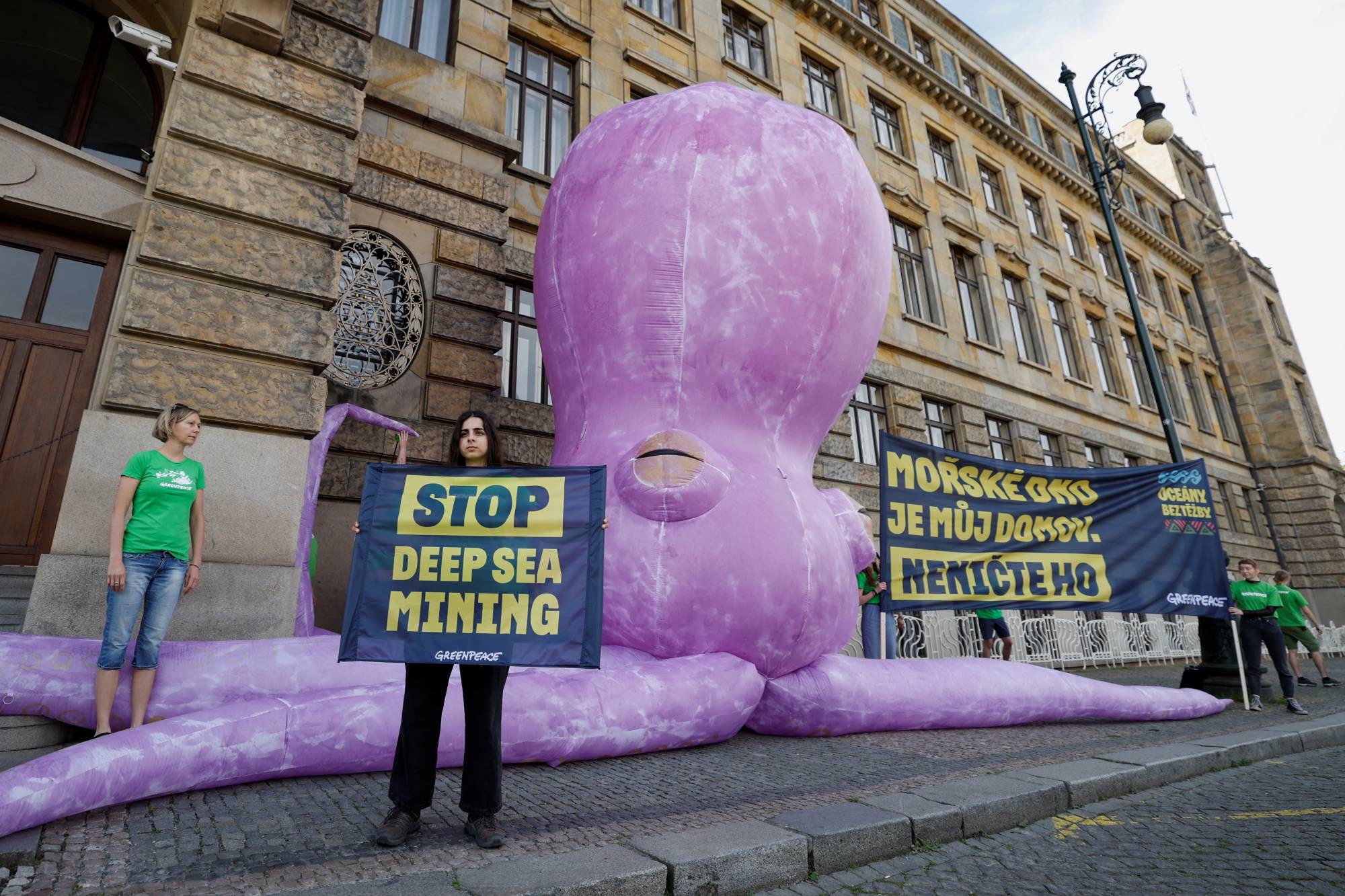In June, the United Nations approved a landmark treaty to preserve ocean biodiversity, seeming to augur a transformation in how countries and corporations do business on the high seas. But as the U.N.-affiliated International Seabed Authority (ISA) meets in Kingston, Jamaica, this week, it will be writing rules for deep sea mining that threatens the very ecosystems in need of preservation.
The ISA’s annual meeting comes at a pivotal moment for seabed mining, which has the potential to become a trillion-dollar industry as the transition to electric vehicles spurs demand for metals like cobalt and nickel, found in the deep ocean. On July 9, a deadline passed for the ISA to enact regulations for deep sea mining. The group’s 167 member nations (plus the European Union) are now obligated to accept license applications from companies that want to begin mining, even in the absence of environmental safeguards.
How the ISA will respond to applicants is a key question for the coming weeks. The Authority could also consider a proposal from Chile, France, Palau and Vanuatu to prohibit the approval of any mining licenses until regulations are enacted.



